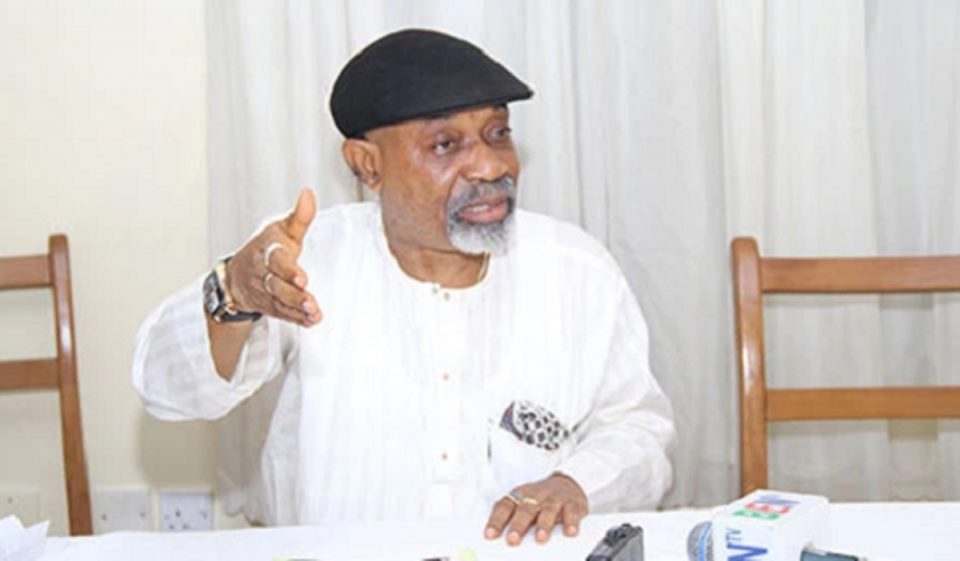Compilation of facts and figures on the state of the economy Indices which make wage increase unrealistic
Immediate, medium term and long term palliatives to cushion the effects of fuel price and electricity tariffs.
Minimum demands acceptable to the government which delegation will take to the next meeting with the Labour
Ngige said on Friday that government was “not taking the ultimatum of the Labour lightly but we are not expecting Armageddon.”
He hailed the “maturity of the NLC” and said government was “open to further discussion with Labour.”
He added: “Nobody owns this country, we all own Nigeria. We are all working together for the benefit of our country.
“Government officials are not immune from the increase in fuel price and electricity tariffs. I live in Asokoro, I bear the brunt of these increases too.
“Even if you assume I don’t bear the brunt, I have brothers, cousins, nephews and other relations who feel the effects of the increases.
“We are discussing. We do not want to inflict pains on Nigerians. President Muhammadu Buhari is also concerned to protect the masses. As the President of the common man, he has asked us to meet on some of these demands.
“Some ministers and top government officials will hold a session on all the issues raised by the labour.”
Responding to a question, Ngige said: “So many options are on the table. We are working on palliatives to enable Nigerians cope with the new fuel price and electricity tariffs.”
He said the government has also tasked the Labour on what it thinks as alternatives to fuel price increase.
Ngige added: “We told them to go back and bring their proposals. They are saying that if they want us to reverse the fuel pump price, should we revert to N120 per litre or N125, or N130? We have asked them to give us suggestions as stakeholders.”




